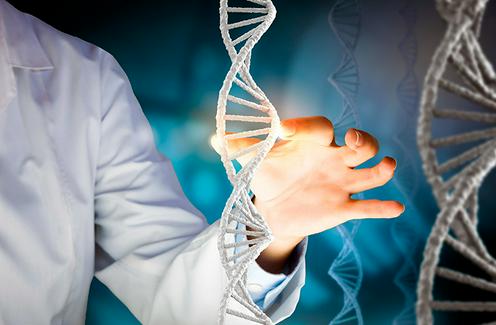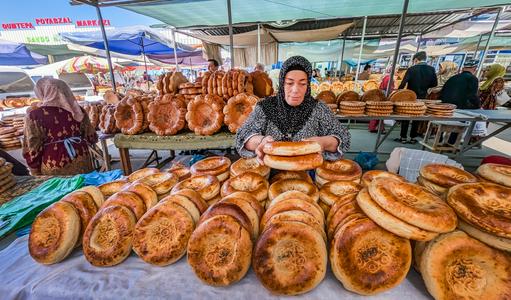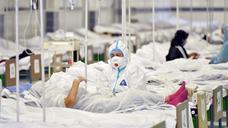Uzbek scientists have identified dozens of new gene mutations previously unknown to global science, following the country’s first-ever in-depth study of the human genome, the press service of the Ministry of Higher Education, Science and Innovation reported.
The study, conducted by specialists from the Center for Advanced Technologies under the Ministry, found that every second child who took part in the research carries a genetic mutation indicating a hereditary predisposition to disease. Moreover, 86 percent of the examined children were carriers of at least one defective gene — double the international average. Researchers attribute this to the high rate of consanguineous marriages, which in some regions of Uzbekistan reaches 25 percent.
According to the researchers, the identified genetic traits increase the risk not only of rare hereditary disorders but also of common diseases such as diabetes, cardiovascular, and oncological illnesses. They note that this could lead not only to higher disease rates but also to earlier onset of these conditions in younger generations.
In more than half of the patients examined, genetic diseases were accurately diagnosed, allowing for appropriate treatment. In some children, signs of multiple hereditary disorders were identified simultaneously, indirectly confirming the issue of frequent consanguineous marriages.
Notably, nearly one-third of the detected mutations had not been previously recorded in global science but have now been entered into international databases.
The study is part of the “1000 Genomes of Uzbekistan” project, aimed at creating a national genetic map of the population and establishing a biobank.
“For the first time, we have seen the true picture of our people’s genes. If most children carry hidden hereditary mutations, this process cannot be stopped without a system of prevention and genetic counseling. That’s why it is crucial to implement premarital screening programs,” said Shahlo Turdikulova, director of the Center for Advanced Technologies and head of the “1000 Genomes of Uzbekistan” project.
The data collected during the study is expected to form the basis for developing personalized medicine, new pharmaceuticals, and genetic screening programs in Uzbekistan.
The Center for Advanced Technologies is one of Uzbekistan’s leading research institutions in biotechnology, genetics, and nanotechnology. Its staff previously took part in identifying new coronavirus strains and co-developed the Uzbek-Chinese vaccine ZF-UZ-VAC 2001.










